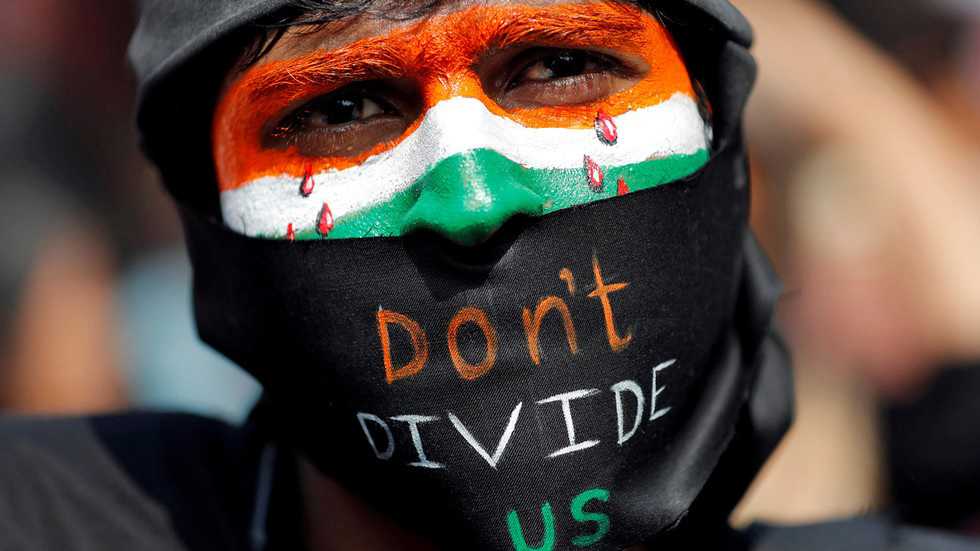Novel coronavirus cases in India climbed to 250 on Friday after over 40 people were infected with the fast-spreading virus in various parts of the country. The new cases in India were reported from Madhya Pradesh, Himachal Pradesh, Gujarat, Telangana, Odisha and Chhattisgarh.
In fact, India reported the highest number of Covid-19 cases in a day on Friday, as Prime Minister Narendra Modi discussed with chief ministers ways and preparedness of the states to check and prevent the spread of coronavirus, which has claimed more than 10,000 lives globally.
PM Modi, in a conference call, told the chief ministers of all the states to not believe that higher temperature will be of any help to contain Covid-19 cases from spreading. As per the information, the testing capacity of the country will be increased up to 20,000 tests per day by March 23.
During the conference call, many states also pushed the prime minister to enforce a complete shutdown in the country.
A spike in confirmed coronavirus cases prompted the states and UTs to reinforce its efforts to contain the spread.
While the Maharashtra government said all workplaces in major cities, including in country’s commercial hub Mumbai and Pune, will remain closed till March 31, the Delhi chief minister announced shutting down of all malls in the city, but exempted grocery stores and pharmacies in them.
MEGHALAYA ANNOUNCES 24-HOUR SHUTDOWN ON SATURDAY
Meghalaya Chief Minister Conrad K Sangma announced a 24-hour statewide shutdown from Saturday midnight and said it will be observed as ‘coronavirus awareness day’. It is not to be taken as a “lockdown”, he urged.
Speaking to reporters after chairing a Cabinet meeting on Friday, he said all public transport, commercial establishments and markets will remain shut to create awareness about the pandemic among the people of the state.
JANATA CURFEW: NO PASSENGER TRAIN TO RUN FROM MIDNIGHT ON SUNDAY
No passenger train will originate from any railway station in the country from midnight to 10 pm on Sunday in view of the “Janata curfew” announced by Prime Minister Narendra Modi, according to a railway order issued on Friday.
“All passenger trains originating between midnight of March 21/March 22 to 22:00 hours of March 22 (approximately 2,400 services) shall not be run. However, the passenger train services already on run at 0700 hours on the day will be allowed to run to the destinations. Divisions should keep a watch and trains which are empty could be short terminated, if required,” the railway order said.
